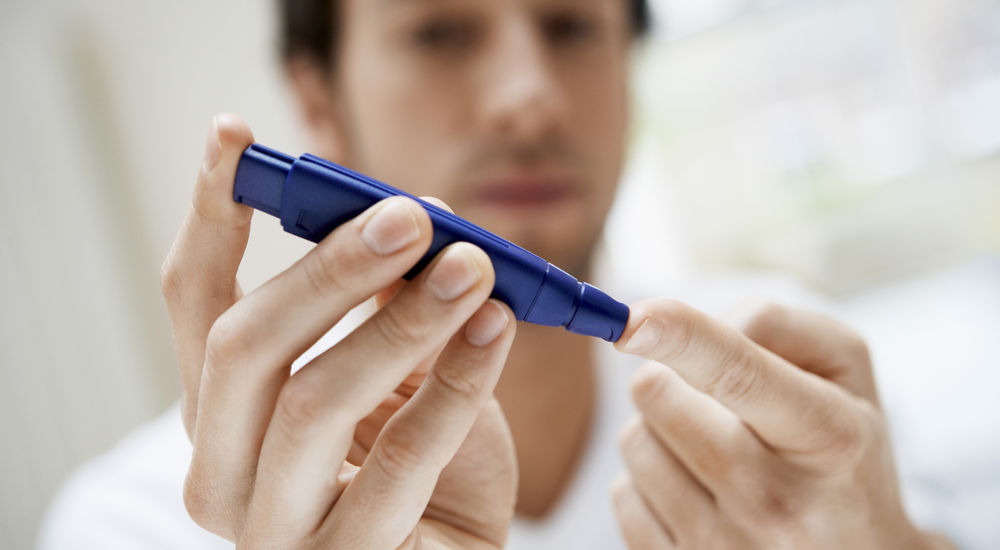It’s not the kind of club you really want to belong to. Today, nearly half of all American adults have type 2 diabetes or are at risk of getting it.
If you count yourself among them, you know that managing your diabetes medications is something you can’t afford to ignore. If not well managed, diabetes can lead to serious complications. They include cardiovascular disease; nerve, kidney, eye, and foot damage; and hearing problems.
Recent research. A study of 350,000 people with type 2 diabetes found that people with poorly managed diabetes were also 50 percent more likely to have dementia. Other recent studies have found that diabetes appears to take a particular toll on women’s hearts. Looking at nearly 11 million people, one study found the risk was almost 40 percent higher in women than in men.
Whether woman or man, however, staying on top of medication management clearly needs to be top of mind.
-Types of medications-
As you likely know, managing blood sugar (glucose) is at the heart of diabetes control. If you can’t get the job done with diet and exercise alone, medications are essential. The drugs you take will depend upon the type of diabetes you have, along with other factors.
Insulin moves glucose from your blood into your cells. This helps keep glucose in the right range. If your body doesn’t make enough insulin, you will need to take it by injection, pen, pump, jet injector, or infuser.
There are also many types of diabetes pills, which work in different ways. For example, they may:
- Decrease the glucose released from your liver
- Stimulate the pancreas to release more insulin
- Make your body sensitive to insulin
Some people take more than one pill, a combination pill, or a combination of pills and insulin. There are also new types of injected medicines available to keep blood sugar from going too high after eating.
Be sure to follow your treatment plan, but let your doctor know if you experience any side effects. If you’re a senior, this is more important than ever. Your body responds differently to drugs as you age. This means you’re at greater risk of overtreatment, which can cause blood sugar levels to go too low.
You may need to cut back or change medications. Just because a drug worked well for you in the past doesn’t mean it will continue to do so. If you have questions about this, we can go over your list of medications and see how they are working for you.
Also, be sure to check in at least once a year with your doctor about your diabetes medications. Never stop or change your medications without first talking it over with your doctor.
Wil Anderson

